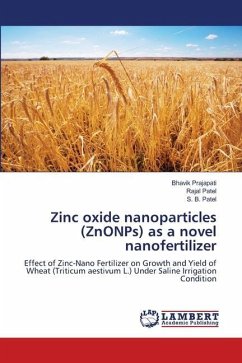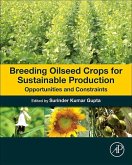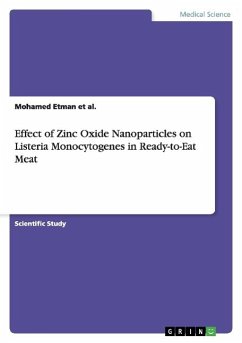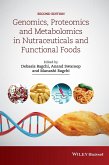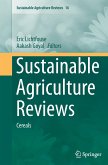Four experiments were conducted in two wheat genotypes namely HD 2009 and KRL to study the mitigation of salinity and drought using zinc oxide nanoparticles on the basis of physiological and proteomics responses. In the first experiment, zinc oxide nanopriming of 500 ppm for 12hrs was found to be optimum for the growth of wheat and these conditions were used to study the mitigation effect in the experiment in further experiments. Zinc nanoparticles were found effective in both verities but physiological trait response was different. The performance of HD 2009 was better for traits shoot length, shoot fresh weight, root dry weight, shoot dry weight, root and shoot relative water content, total chlorophyll content, shoot proline content, root and shoot free radical scavenging activity and KRL 210 responded better for germination percentage, root length, root fresh weight, root and shoot membrane stability index, root and shoot MDA content, root proline content, root and H2O2 content in the shoot.
Bitte wählen Sie Ihr Anliegen aus.
Rechnungen
Retourenschein anfordern
Bestellstatus
Storno



